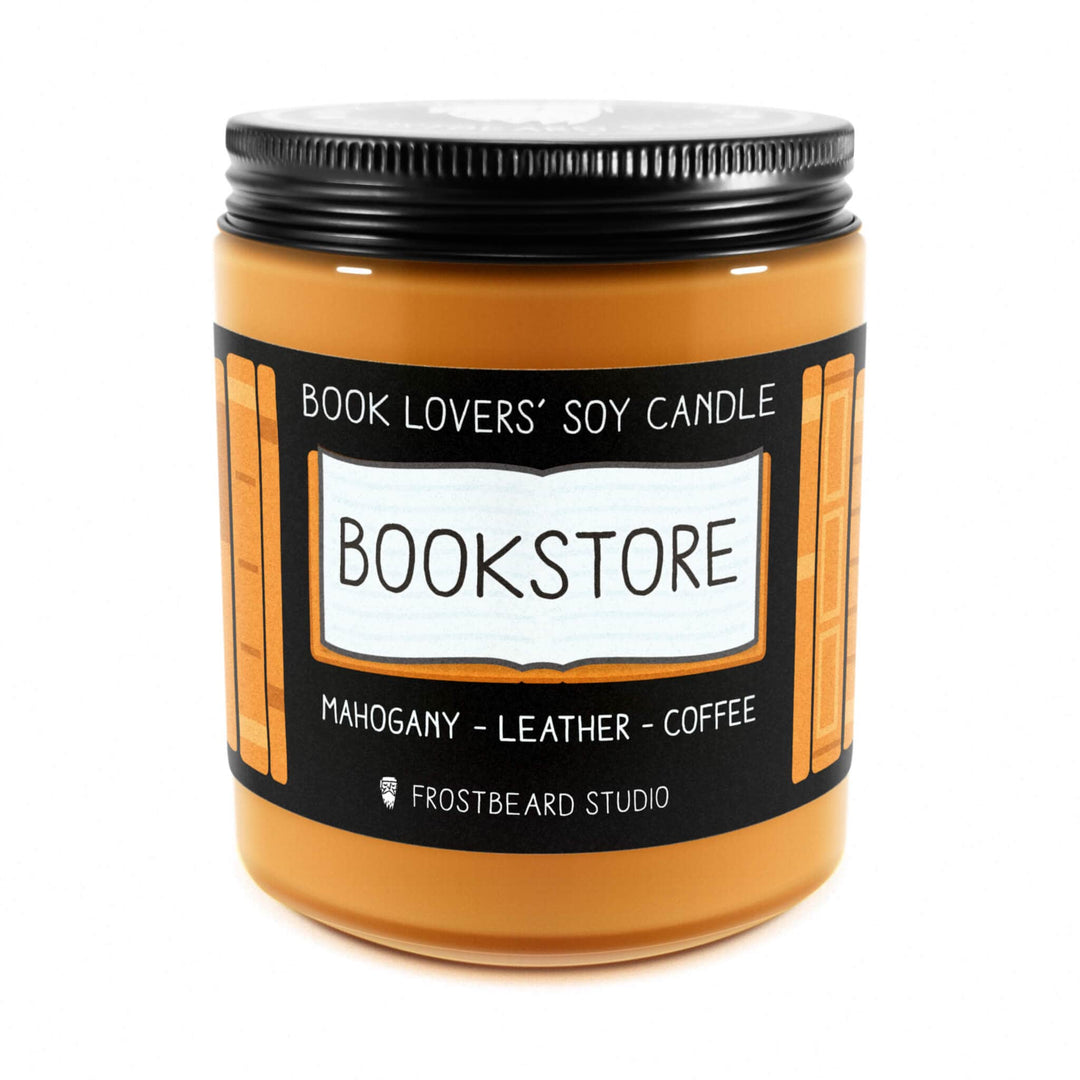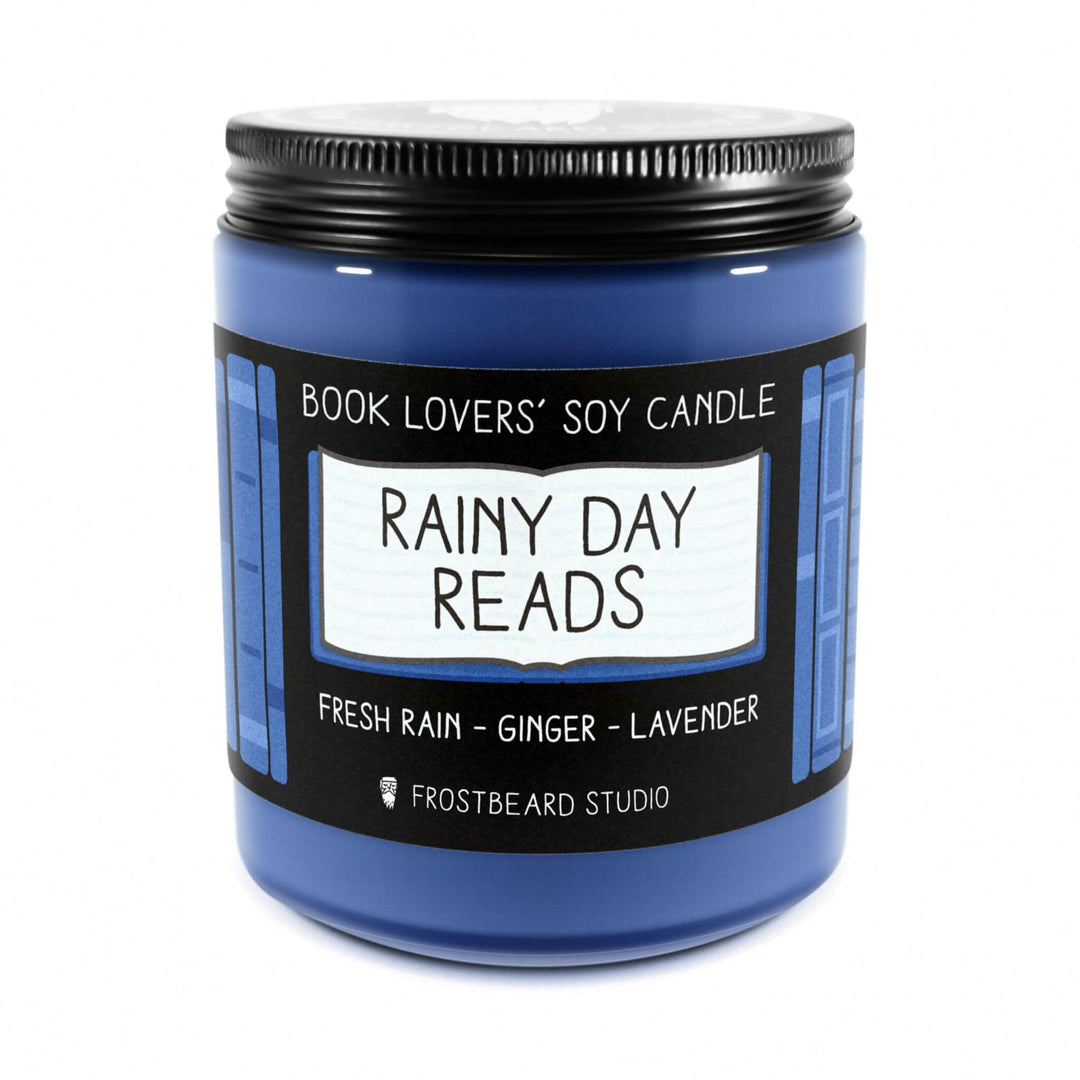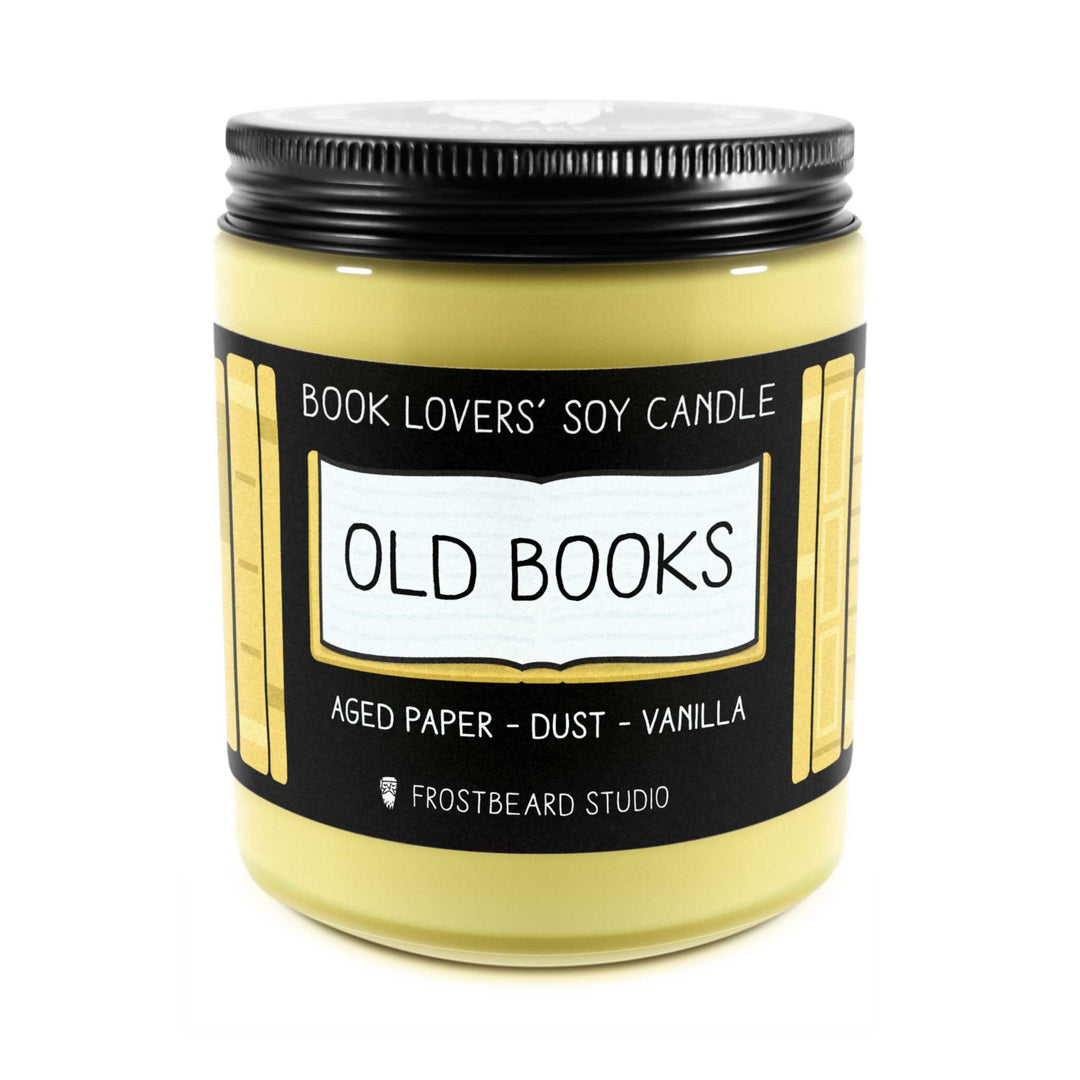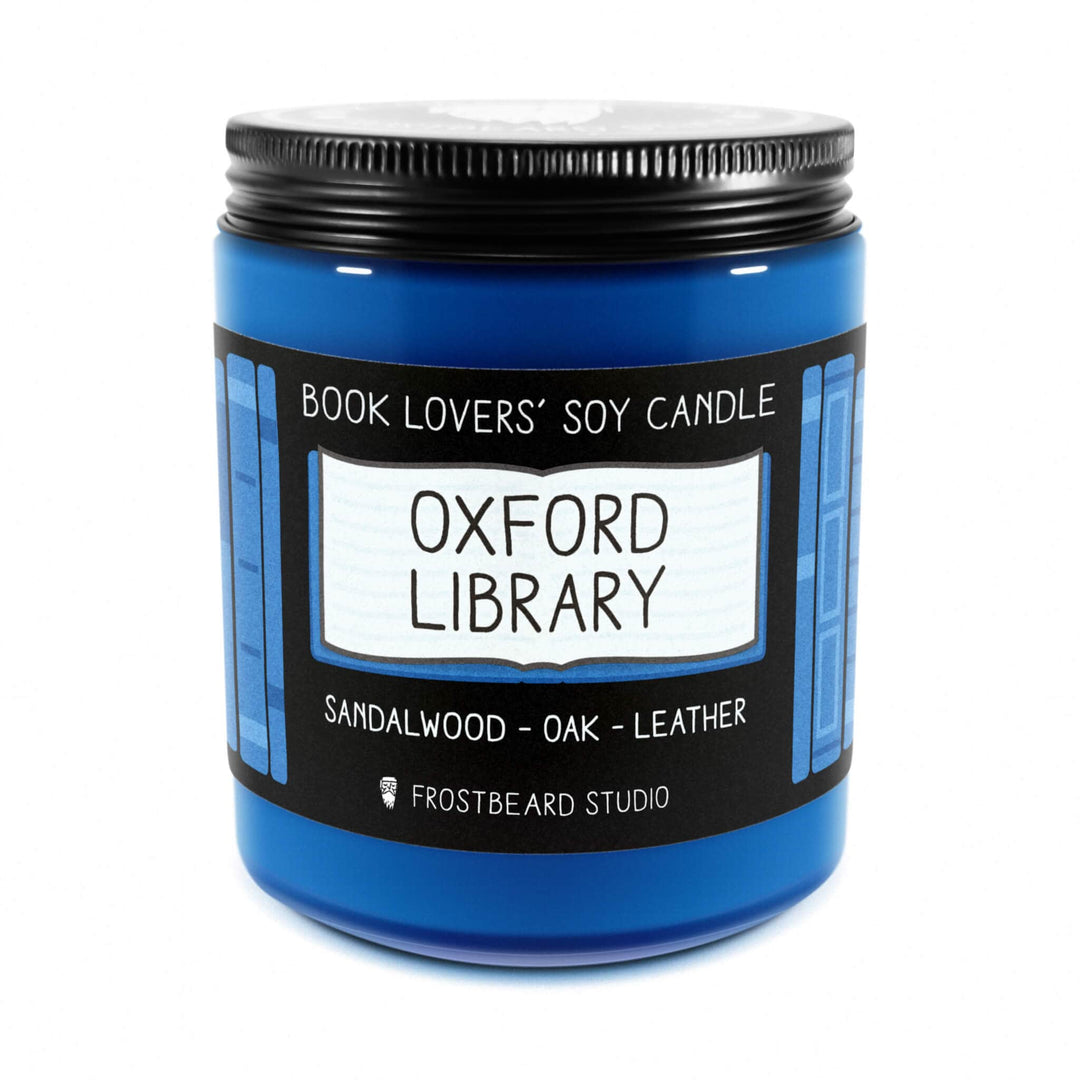New Perspectives: Must-Read Fantasy Books by BIPOC Authors
The Power of BIPOC Fantasy Authors
If you're looking for bipoc fantasy authors, you're about to find a rich mix of storytelling that stretches beyond the traditional boundaries of the genre. These authors offer unique perspectives and diverse worlds, each infused with their own cultural backgrounds and experiences.
Here are some of the best bipoc fantasy authors you should read:
- N.K. Jemisin – Known for The Broken Earth trilogy
- Marlon James – Author of Black Leopard, Red Wolf
- Nnedi Okorafor – Creator of the Binti series
Fantasy literature has often been dominated by Eurocentric narratives, but BIPOC authors bring fresh air to the genre by weaving in their own cultures, traditions, and mythologies. Authors like Nalo Hopkinson, with her Caribbean folklore, and Andrea Hairston, merging African diasporic culture with fantasy, remind us that there's no single way to wield magic or fight battles.
Without even opening a book, think of the rich storytelling history you’re missing out on if you stick to the same fantasy worlds. Embracing diverse voices in fantasy doesn't just add variety; it enriches the genre, making it more inclusive and reflective of our world’s vast cultural landscape.
As someone deeply passionate about both literature and inclusivity, I understand the transformative power these stories hold. The tales told by bipoc fantasy authors can mirror our world's complexity and offer new perspectives that foster empathy and understanding.

Exploring the Richness of BIPOC Fantasy Authors
BIPOC fantasy authors bring their rich cultural backgrounds and unique storytelling voices to the genre, creating worlds that are as diverse as they are enchanting. Let's dig into what makes their contributions so vital.
Diverse Backgrounds
Authors like N.K. Jemisin, Marlon James, and Nnedi Okorafor come from a variety of backgrounds, each bringing their own cultural influences to their work. For example, Jemisin’s Broken Earth trilogy reflects themes of oppression and resilience, influenced by her experiences as a Black woman in America. Similarly, Marlon James draws on African mythology and history in Black Leopard, Red Wolf, offering readers a fresh lens through which to view epic fantasy.
Unique Storytelling
BIPOC authors often break away from traditional fantasy tropes, crafting narratives that are both innovative and deeply personal. Sofia Samatar’s A Stranger in Olondria is a perfect example. The story, inspired by African, Middle Eastern, and South Asian cultures, takes readers on a journey that is as much about internal findy as it is about external trip. These authors challenge the norms of the genre, providing fresh perspectives and complex characters that resonate with a wide audience.
Cultural Richness
The cultural richness in BIPOC fantasy literature is unparalleled. Nnedi Okorafor’s works, such as Who Fears Death and the Binti series, are steeped in African folklore and traditions. This not only provides a vivid backdrop for her stories but also introduces readers to cultural elements they might not be familiar with. Similarly, Nalo Hopkinson’s use of Caribbean folklore and Andrea Hairston’s blend of African diasporic culture with fantasy offer readers a chance to explore new mythologies and worldviews.
Expanding the Genre
By incorporating their diverse backgrounds, unique storytelling techniques, and rich cultural elements, BIPOC fantasy authors expand what’s possible in the genre. They bring to life worlds that are not only fantastical but also deeply reflective of our own. This makes their stories not just entertaining, but also essential reading for anyone looking to broaden their horizons and gain a deeper understanding of different cultures.
Next, we'll celebrate some of the top BIPOC fantasy authors who are making waves in the literary world.
Celebrating Top BIPOC Fantasy Authors
N.K. Jemisin
N.K. Jemisin has redefined the fantasy genre with her groundbreaking works. Her Broken Earth trilogy, which won three consecutive Hugo Awards, digs into themes of oppression, resilience, and environmental collapse. The series is a dark epic fantasy that reflects Jemisin's experiences as a Black woman in America.
Another notable work is her Great Cities series, starting with The City We Became. This urban fantasy novel imagines cities as living entities, with New York City being personified by diverse avatars who must protect it from a cosmic threat.
Marlon James
Marlon James combines African mythology and history to create compelling narratives. His Dark Star trilogy, beginning with Black Leopard, Red Wolf, is often described as an African Game of Thrones. The story follows Tracker, a hunter with a keen sense of smell, on a quest to find a missing boy. The sequel, Moon Witch, Spider King, continues this epic tale, delving deeper into the rich mythology and complex characters.
Nnedi Okorafor
Nnedi Okorafor's works are steeped in African folklore and traditions. Her novel Who Fears Death is set in a post-apocalyptic Sudan and follows a young woman with magical abilities as she seeks to overthrow a brutal regime.
The Binti series is another standout. It follows Binti, the first of her people to be accepted into a prestigious intergalactic university. The series explores themes of identity, belonging, and the clash between tradition and progress.
R.F. Kuang
R.F. Kuang has made a significant impact with her Poppy War trilogy and Babel. The Poppy War trilogy is a grimdark fantasy inspired by Chinese history, focusing on war, politics, and the cost of power. The protagonist, Rin, rises from poverty to become a powerful shaman, but her journey is fraught with moral dilemmas and tragic consequences.
In Babel, Kuang explores the power of language and translation in an alternate 19th-century Britain. The novel critiques colonialism and the exploitation of knowledge, making it a thought-provoking read.
Rebecca Roanhorse
Rebecca Roanhorse brings Native American mythology to the forefront of fantasy literature. Her novel Trail of Lightning is set in a post-apocalyptic world where Navajo gods and monsters roam. The story follows Maggie Hoskie, a monster hunter with supernatural abilities, as she steers this dangerous new world.
Black Sun, the first book in her Between Earth and Sky series, is inspired by Pre-Columbian American cultures. The novel weaves together prophecy, politics, and celestial events, creating a rich mix of characters and settings.
These authors are not just telling stories; they are expanding the boundaries of fantasy literature. Their works offer fresh perspectives, deep cultural insights, and compelling narratives that resonate with readers worldwide.
Next, we'll explore the key themes prevalent in BIPOC fantasy literature.
Key Themes in BIPOC Fantasy Literature
Mythology
BIPOC fantasy authors often draw from a rich mix of mythologies that go beyond the familiar Western canon. Nnedi Okorafor incorporates African folklore in her works like Who Fears Death and the Binti series, bringing to life stories and traditions that are deeply rooted in African culture. Similarly, Marlon James blends African mythology and history in his Dark Star trilogy, creating a vivid and immersive world.
Social Issues
Many BIPOC fantasy authors use their narratives to address pressing social issues. N.K. Jemisin's Broken Earth trilogy explores themes of oppression, environmental collapse, and resilience. The series reflects Jemisin's experiences and critiques societal structures, offering a powerful commentary on race and power dynamics. R.F. Kuang’s Babel digs into colonialism and the exploitation of knowledge, providing a thought-provoking critique of historical injustices.
Identity
Identity is a central theme in many BIPOC fantasy works. Characters often grapple with questions of belonging and self-findy. In Nnedi Okorafor's Binti series, the protagonist Binti steers the complexities of being the first of her people to attend an intergalactic university, highlighting the tension between tradition and progress. Similarly, Rebecca Roanhorse’s Trail of Lightning features Maggie Hoskie, a monster hunter who must reconcile her supernatural abilities with her cultural heritage.
Empowerment
Empowerment is a recurring theme, with characters often rising against oppressive forces and finding their strengths. N.K. Jemisin’s protagonists in the Broken Earth trilogy exemplify resilience and empowerment as they fight against systemic injustices. R.F. Kuang’s The Poppy War series follows Rin, who rises from poverty to become a powerful shaman, showcasing the journey of self-empowerment amidst moral dilemmas and societal challenges.

These themes not only enrich the narratives but also offer readers new perspectives and deeper understanding of diverse cultures and experiences.
Next, let's dive into frequently asked questions about BIPOC fantasy authors.
Frequently Asked Questions about BIPOC Fantasy Authors
Who are some notable BIPOC fantasy authors?
Several BIPOC authors have made significant contributions to the fantasy genre. Here are a few must-read names:
- N.K. Jemisin: Known for her Broken Earth trilogy, Jemisin has won multiple Hugo Awards. Her work often addresses themes of oppression and resilience.
- Marlon James: Author of the Dark Star trilogy, including Black Leopard, Red Wolf. His storytelling blends African mythology and history.
- Nnedi Okorafor: Celebrated for Who Fears Death and the Binti series, Okorafor's works are deeply rooted in African folklore.
- R.F. Kuang: Known for Babel and The Poppy War series, Kuang explores themes of colonialism and historical injustices.
- Rebecca Roanhorse: Author of Trail of Lightning and Black Sun, Roanhorse incorporates Native American mythology and cultural narratives.
What makes BIPOC fantasy unique?
Cultural Narratives: BIPOC fantasy authors bring fresh perspectives by incorporating their diverse cultural backgrounds. For example, Nnedi Okorafor uses African folklore, while Rebecca Roanhorse draws from Native American traditions.
Diverse Mythologies: These authors expand the fantasy genre by weaving in mythologies beyond the Western canon. Marlon James's Dark Star trilogy is a prime example, blending African myths and historical elements.
Social Commentary: Many BIPOC authors use fantasy to address real-world social issues. N.K. Jemisin's Broken Earth trilogy critiques societal structures and explores themes of race and power dynamics.
How can readers support BIPOC fantasy authors?
Supporting BIPOC fantasy authors can be straightforward and impactful:
- Purchase Books: Buying their books directly supports the authors and encourages publishers to invest in diverse voices.
- Share Reviews: Posting reviews on platforms like Goodreads or Amazon can help increase visibility and attract new readers.
- Attend Readings: Participating in book readings and signings can show support and create a sense of community.
By taking these actions, readers can help lift BIPOC voices in the fantasy genre, ensuring that diverse stories continue to thrive.
Next, let's explore the conclusion and how Frostbeard Studio improves your reading experience with themed candles.
Conclusion
Exploring BIPOC fantasy authors opens doors to rich, diverse worlds that expand our understanding of what fantasy can be. These authors bring unique cultural narratives, fresh mythologies, and powerful social commentary to the genre. By diving into their books, we not only enjoy compelling stories but also broaden our perspectives.
We encourage you to pick up a book by one of these incredible authors. Whether it's N.K. Jemisin's Broken Earth trilogy or Marlon James's Black Leopard, Red Wolf, there's a world waiting for you to find.
To make your reading experience even more magical, consider pairing your book with a Frostbeard Studio candle. Our literary-inspired scents are designed to complement your favorite fantasy novels, creating an immersive atmosphere that brings the story to life.
Happy reading, and may your journeys in fantasy be filled with magic and wonder!








